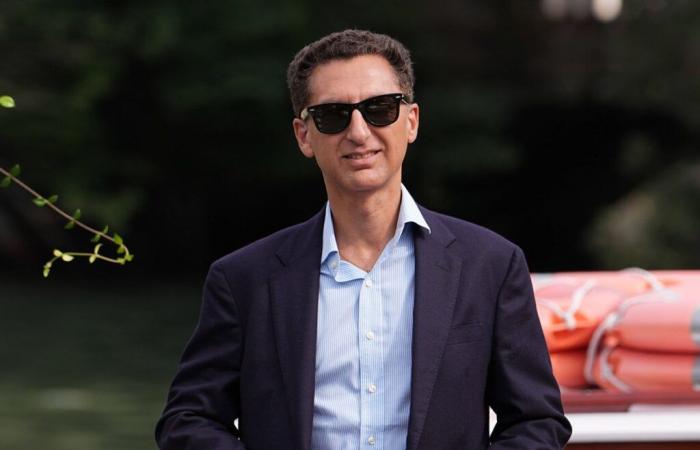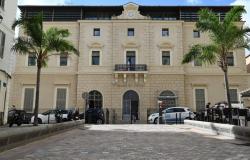Announced with urgency, this choice is in fact not surprising. It is the culmination of a strategy led by its boss, Maxime Saada, for almost ten years. Appointed general manager in 2015, he firmly executed the restructuring of the chain desired by Vincent Bolloré. Under his command, Canal+ has undergone its transformation: the encrypted channel, heavily in deficit, has transformed into a very profitable streaming platform, aggregating the services of prestigious players like Apple or Disney. He also brought order to the offer of programs, particularly in sport, playing up the balance of power. At the end of a long standoff with the professional bodies of French football, he put an end to the long relationship between Ligue 1 and the encrypted channel which now focuses on rugby or Formula 1.
But is the Canal machine seizing up? Because by announcing 250 job cuts in the wake of its withdrawal from DTT, the management of the Canal+ group is showing signs of restlessness which go beyond Arcom's refusal to renew the frequency of C8. The free channel on TNT had received multiple calls to order from the regulatory authority on the slippages observed on the air, mainly those of its star presenter, Cyril Hanouna.
The real reasons lie elsewhere, says a unionist from the group: “The financial road shows to sell the IPO did not generate enthusiasm among investors, it was necessary to send a message to the markets”. The economic model now raises questions. Schedule costs, essentially program costs, are around 2 billion euros, half of which for sports, the other for cinema and series. “Costs exceed revenues”blows a frame.
The economy plan appears all the more essential as Maxime Saada is also losing his standoff with the tax authorities, which has been engaged for more than three years. By becoming a content aggregator, Canal+ no longer meets the conditions to benefit from the tax regime reserved for DTT channels, with VAT reduced to 10%. Bercy could recover the group to the tune of 650 million euros. A very bad signal, on the eve of the IPO in London. Because with a VAT of 20%, Canal+'s economic model is seriously affected.
Especially since the group is also in a state of latent war with the world of cinema, to which it threatens to subject the same fate as football and to break up definitively. And suggests that he could review his financing of French cinema, which today amounts to 200 million euros. A form of blackmail, sufficiently worrying for the Competition Authority which took action last September, “possible practices in the sector of pay television and the acquisition and distribution of cinematographic works. » To top it all off, Disney decided to end their partnership on 1is next January. And this departure is another bad signal sent to the market: it weakens the platform aggregator model, set up by the group, which relies largely on the goodwill of very powerful partners. For Canal+ and its management, entry into the London Stock Exchange will also be a moment of truth.






